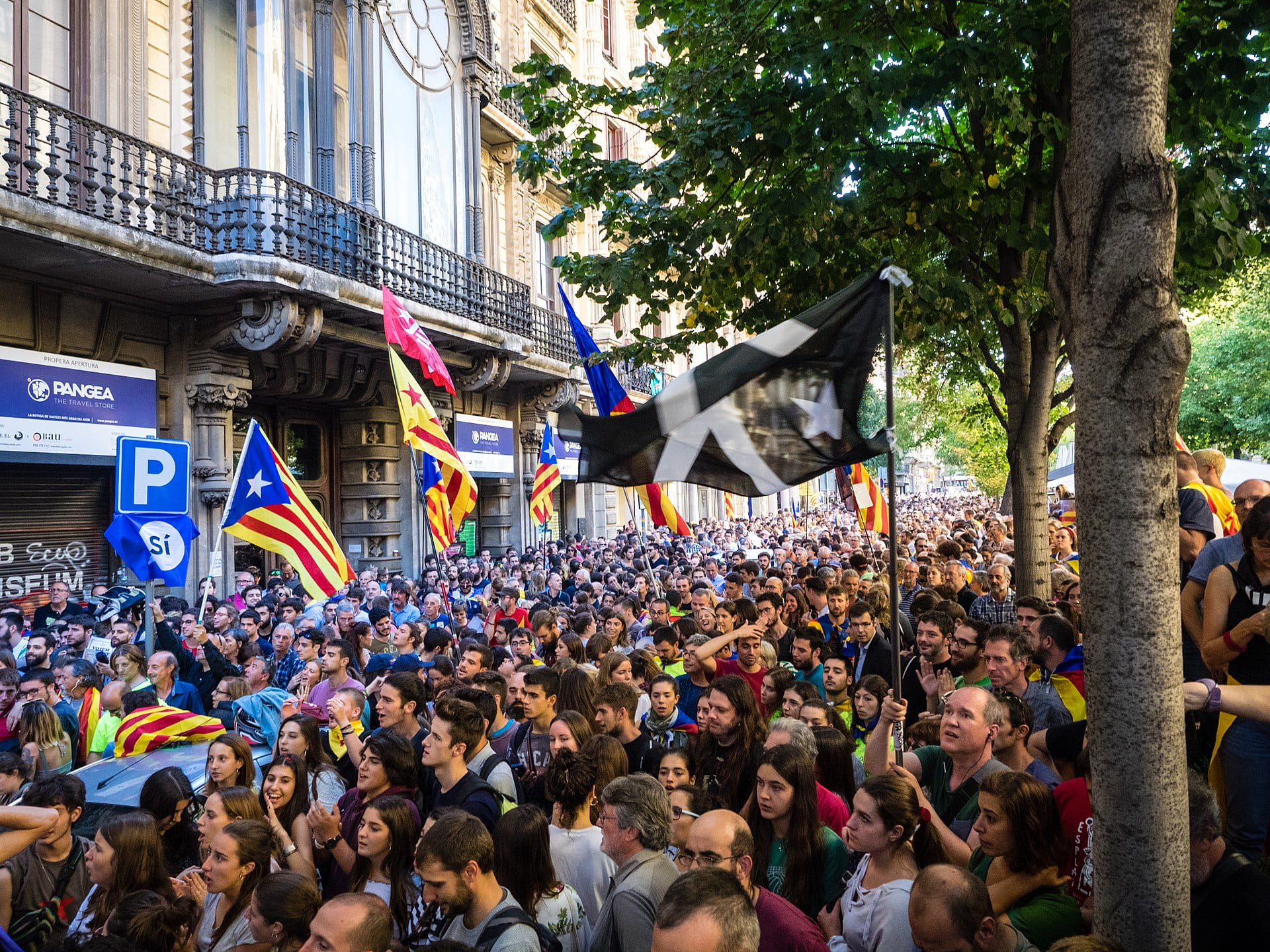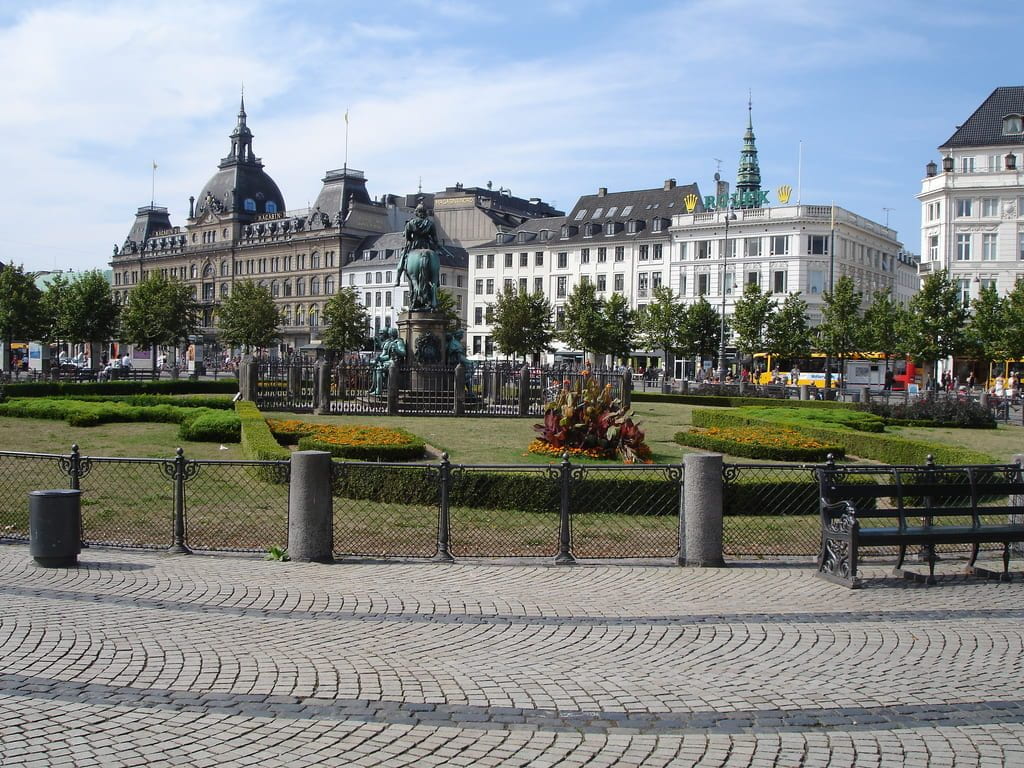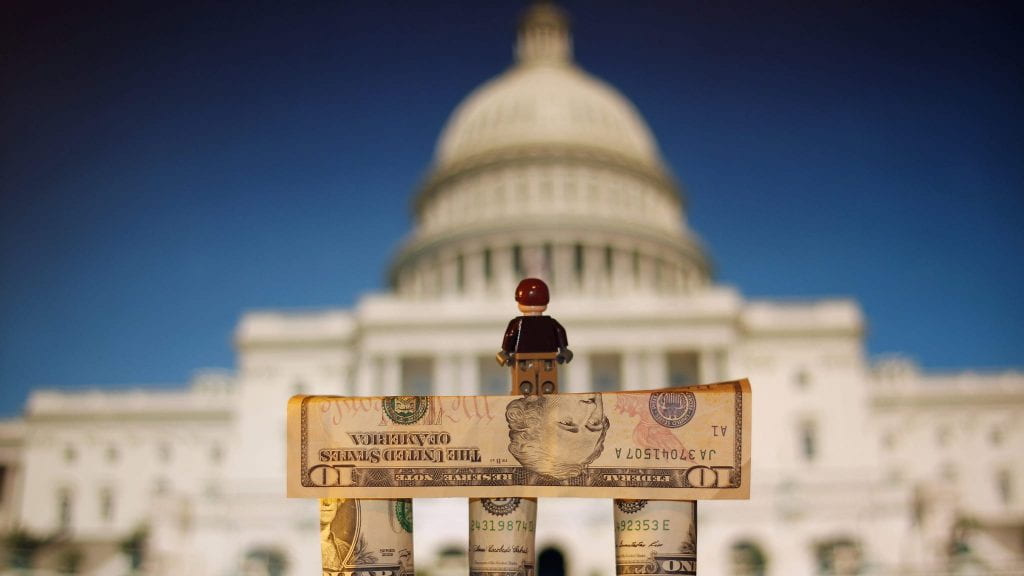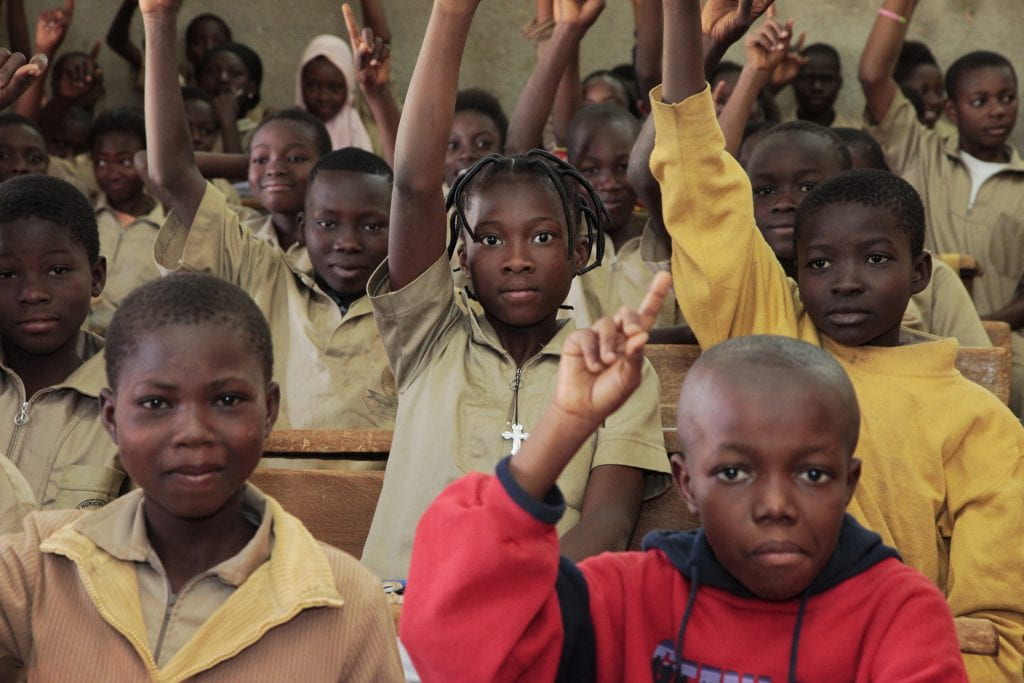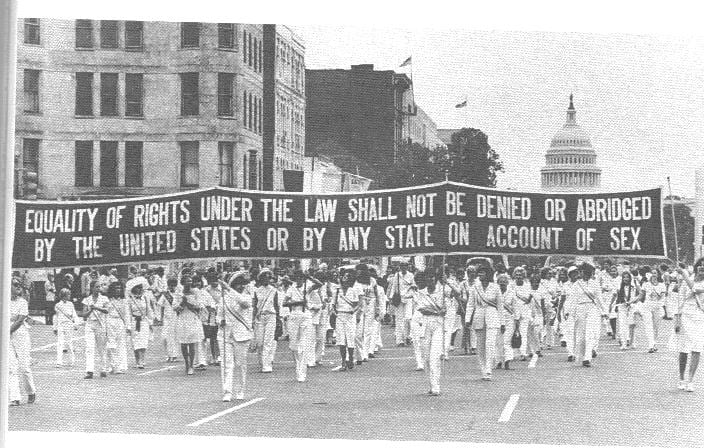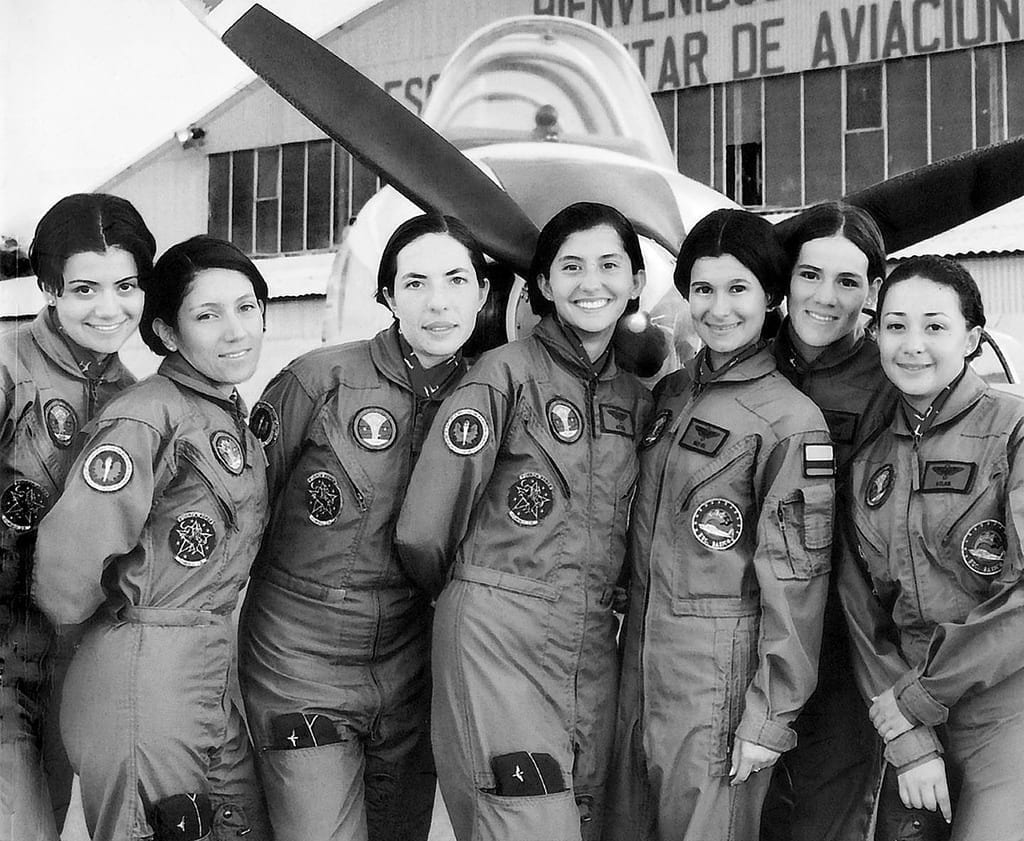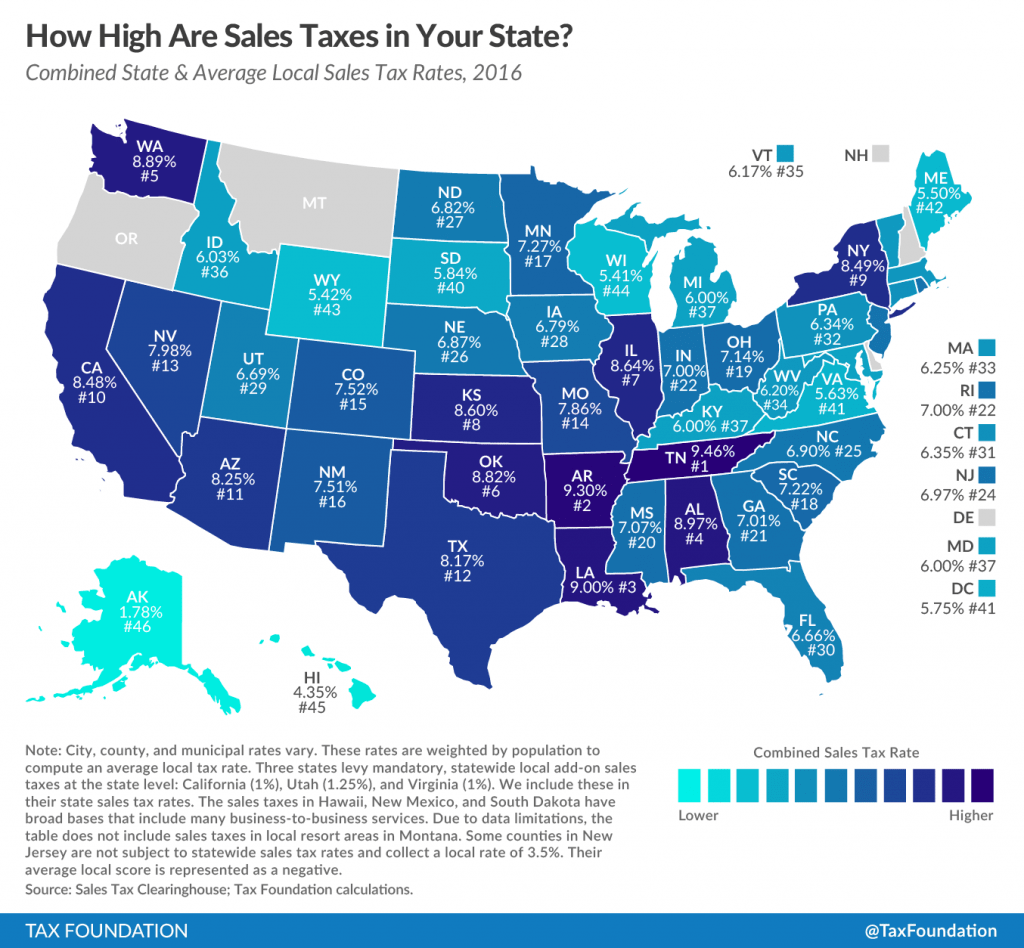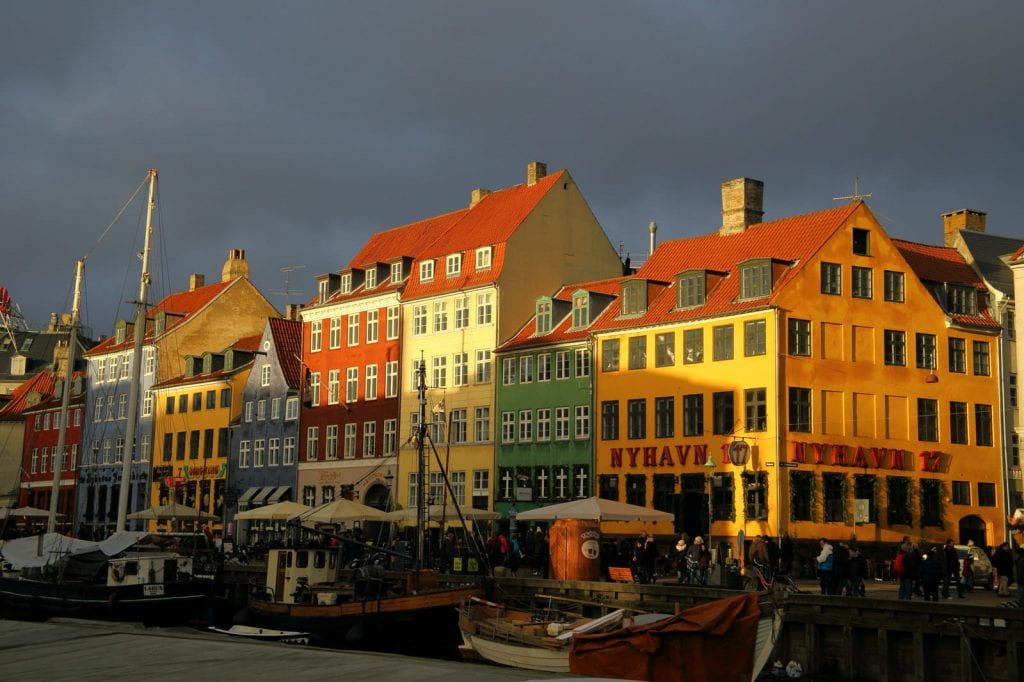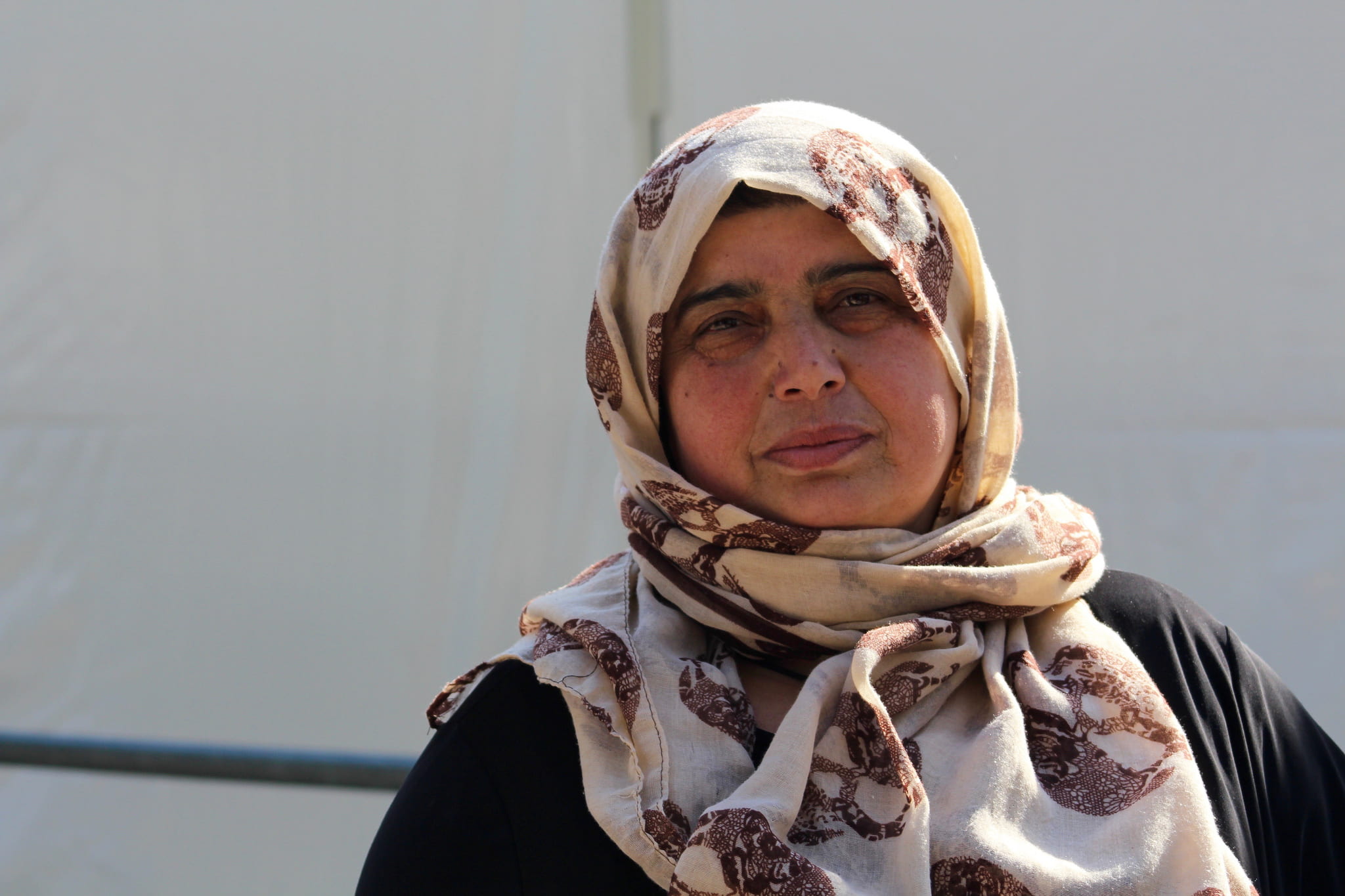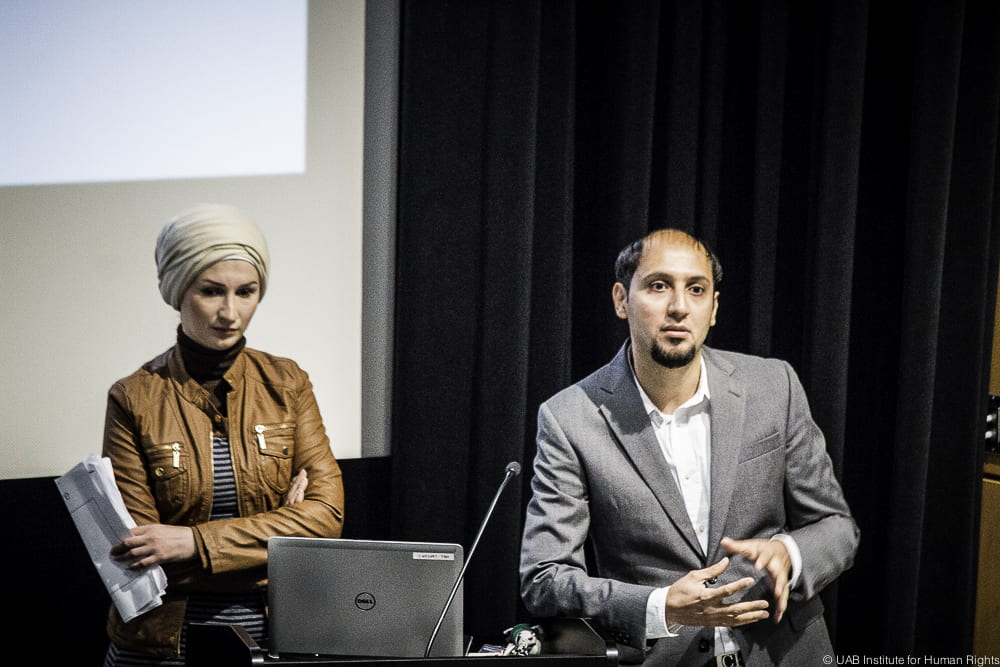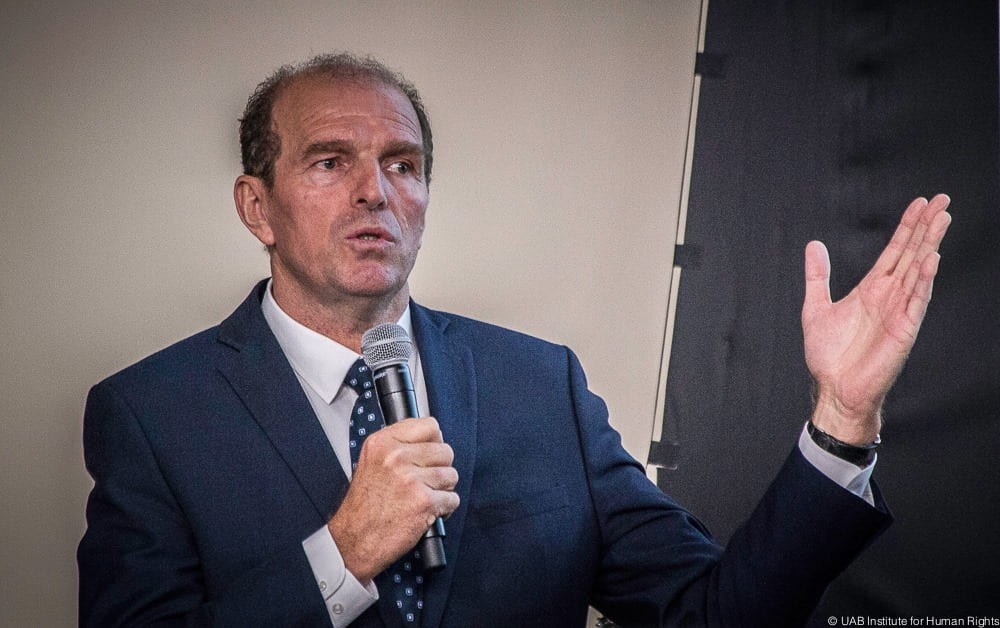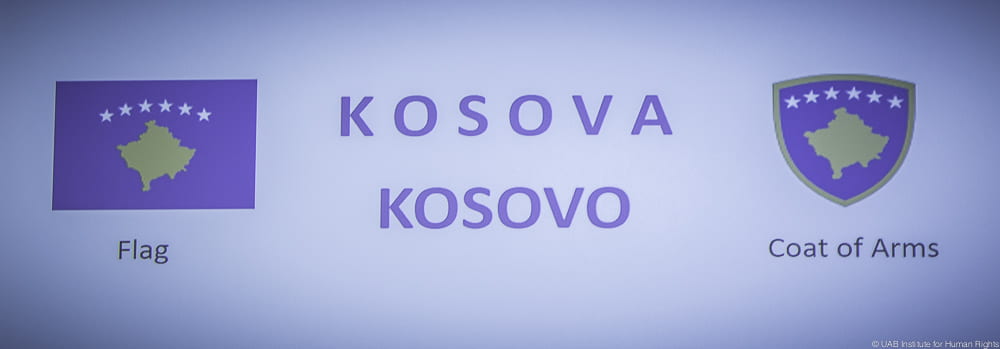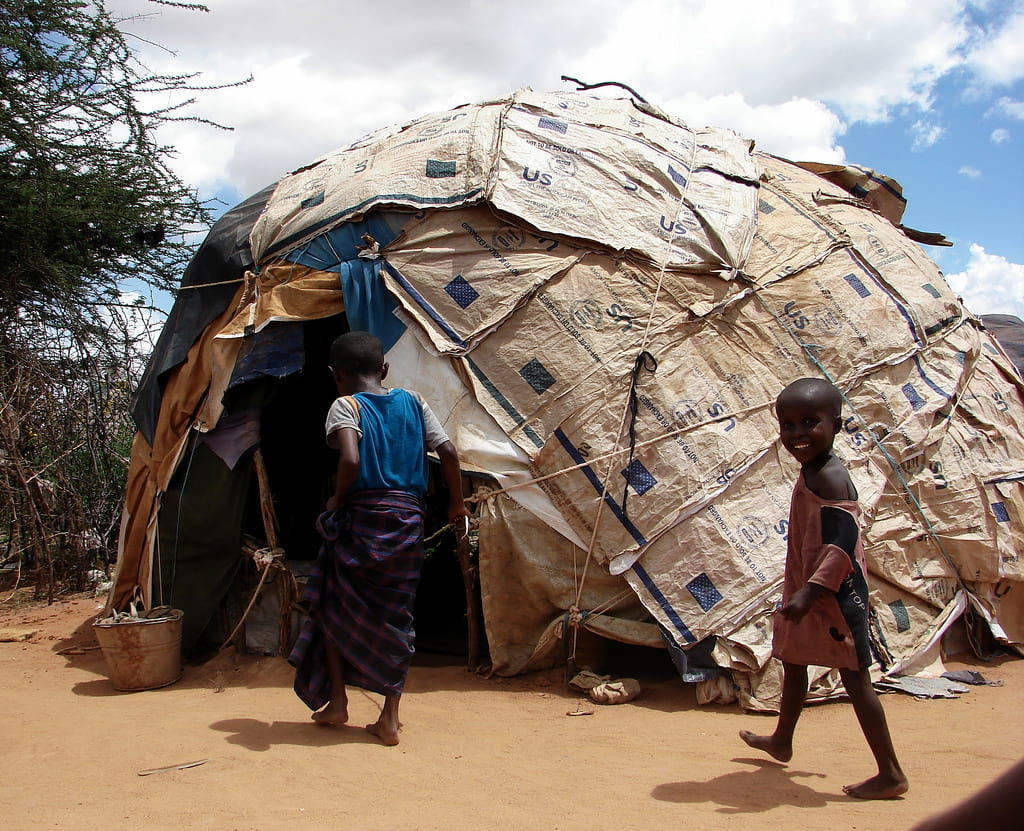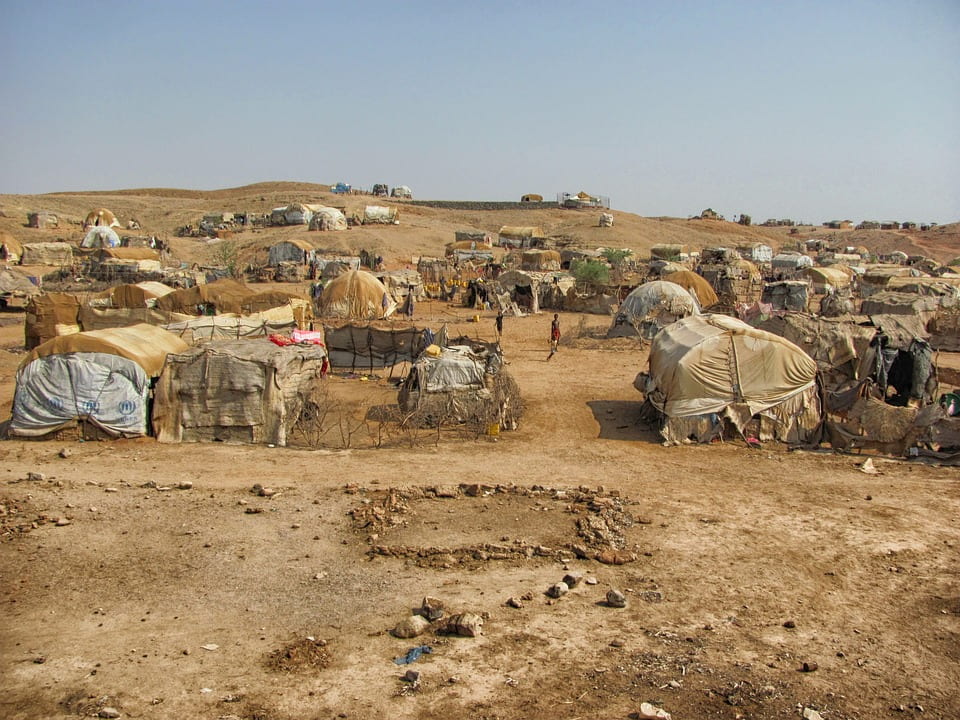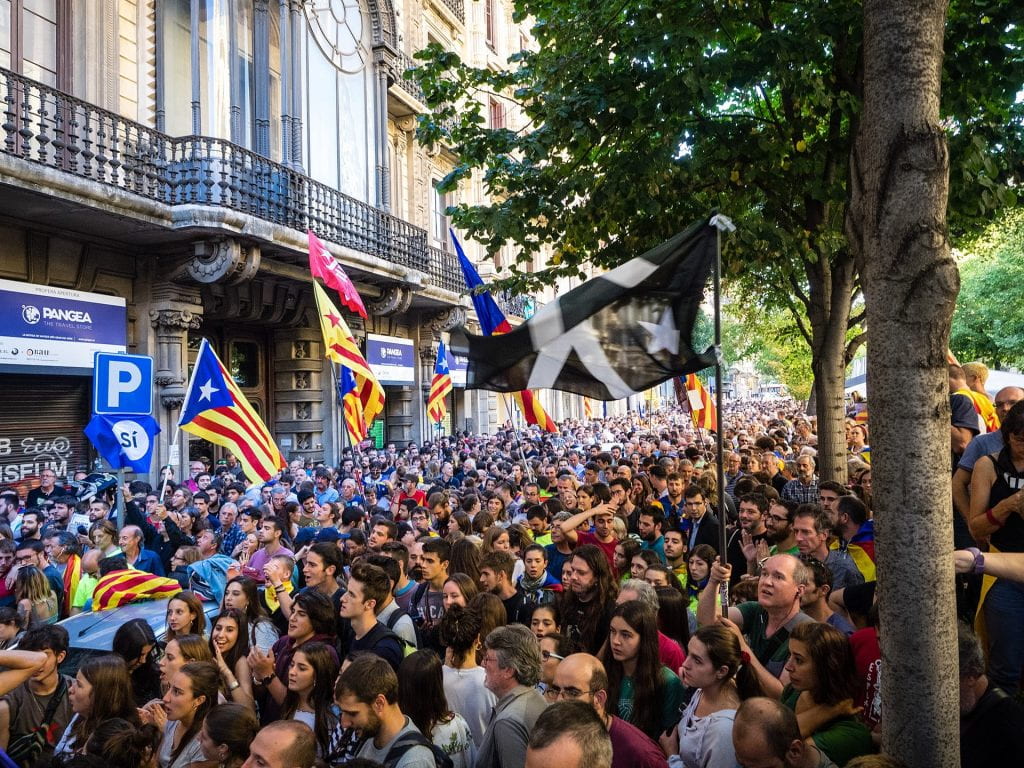
After an enormous earthquake destroys the city of Lisbon in Candide, Voltaire poignantly asks the reader, “If this is the best of possible worlds, what then are the others” (Voltaire, 26)? Increasingly, the most potent of political earthquakes – nationalism – is enjoying a powerful rebirth following a long and tortuous decline in the aftermath of World War II. People across the globe are beginning to envision a different world, a better world – one in which they possess a nation of their own. Whether this rebirth will result in bloodshed on a scale not seen since the 1930s or in a peaceful resolution of differences is yet to be seen, but in all likelihood it will be determined on the opposite side of the Iberian Peninsula – in Catalonia.
Since at least the 1920s, the issue of self-determination – which can be defined as the ability of a distinct people to establish a nation of their own and exercise unimpeded sovereignty in their own affairs – began to be adopted into the lexicon of human rights. Woodrow Wilson was one of the first to interject self-determination into human rights, claiming that “nationalities … should be assured an undoubted security of life and an absolutely unmolested opportunity of autonomous development” in his Fourteen Points. Ultimately, this belief influenced nearly every major, Western-produced document concerning human rights. Self-determination is explicitly guaranteed to all peoples in the Atlantic Charter, the Declaration by the United Nations, the United Nations Charter, the International Covenant on Civil and Political Rights, and the Universal Declaration of Human Rights among others.
Curiously, however, the European Convention on Human Rights – which is the most relevant document in this situation due to Spanish membership in the European Union – does not guarantee self-determination. In fact, it states that freedom of expression may be limited “in the interests of national security, territorial integrity or public safety, for the prevention of disorder or crime, … or for maintaining the authority … of the judiciary” (ECHR, 11). As will be demonstrated later, the Spanish government has employed all of these arguments in its bids to stop the Catalonian independence referendum from coming to fruition.
Aside from the European Convention on Human Rights, the connection between human rights and self-determination – at least until recently – has not been prominently disputed. The question then becomes, how do we determine to which groups the right of self-determination applies? The general consensus is that this right is primarily granted to peoples demonstrating the characteristics of a nation. However, the question of who constitutes a nation, and on what basis, generates considerable disagreement, particularly in the West, which has long attempted to suppress its own nationalism as penance for the destruction wreaked by Nazi Germany.
Some claim that the nation is a figment of the imagination, that it is an invented national tradition, that it is an imagined community (Hobsbawm and Ranger; Anderson). This is not to say that it does not possess meaning – history clearly demonstrates that it does – but that there is very little actual quantitative or qualitative basis on which a nation can be delineated. Others suggest that the nation is real, but that its membership is constantly in flux, shaped solely by economic considerations, individual choices, and shared beliefs (Deutsch; Gellner; Kohn). This “civic nationalism” generally possesses a more cosmopolitan outlook, and it often taken to the extreme by intellectuals, such as Ernest Renan, who claimed that “a nation’s existence is … [simply] a daily plebiscite,” (10) a daily referendum.
Yet others still define a nation as something timeless and primordial (Geertz; Isaacs; Smith). To these theorists, physical characteristics, shared culture, shared history, and shared language – to put it simply – combine to create “a self-aware ethnic group,” which forms a nation (Connor, 279-88; Schmitt). In modern academia, this conception of the nation is generally regarded with scorn as an outdated, primitive view. Among many people, however, it still holds tremendous sway as demonstrated vividly by the universal opposition to immigration by nationalist, as well as by the decline in social trust in multi-ethnic areas of the United States (Putnam). While there exists some genetic overlap between different ethnic groups in border regions, generally speaking, ethnic groups, and the nations they constitute, remain homogenous and distinct from one another. And even if they did not, as Walker Connor notes, “what ultimately matters is not what is but what people believe is” (Connor, 379-88).
#Barcelona this afternoon ahead of October 1 #Catalonia independence referendum. #Catalunya #CatalanReferendum pic.twitter.com/KEJE00DqRy
— Defend Assange Campaign (@DefendAssange) September 11, 2017
Som una nació, nosaltres decidim
In determining if Catalonia possesses the right to independence and self-determination, one must first decide whether or not Catalonia constitutes a nation. As evidenced by the slogan above – which means “We are a nation, we decide” – Catalans clearly believe that they do. And all evidence unequivocally indicates that they are correct.
Indeed, Catalonia has previously experienced independence, existing as an independent kingdom until the fifteenth century when it was divided between the Spanish and French monarchies. Despite this conquest, Catalan culture – and a sense of “Catalan-ness” – survived and even thrived (Sahlins). The people of the region possessed a common language (Catalan), culture, symbols, and history that both united them and kept them distinct from their neighbors and conquerors. However, this distinctiveness was not preserved without a struggle. Various Spanish monarchs, as well as the dictator Francisco Franco from 1936 to 1975, sought to hispanicize the Catalans by banning their language and symbols. Attempts to resist were brutally and bloodily repressed, yet Catalonia’s distinctiveness survived into the current century.
After the death of Franco, the new Spanish Constitution granted Catalonia a limited form of autonomous self-government, and for several decades this largely satisfied the Catalans. Between 2009 and 2011, with the repression of Franco but a distant memory, this rapidly changed as various Catalan towns voted in symbolic independence referendums. In 2014, the first non-binding, Catalonia-wide referendum was held with a result of 81% in favor of independence.
Unfortunately for its supporters, however, this referendum encountered several difficulties. First, it was declared illegal and unconstitutional by the Spanish government, which then pursued criminal charges against the Catalan leaders responsible. Second, turnout only reached 42%, indicating that the referendum was not representative of the entire populace. And third, in subsequent elections, pro-independence parties received a plurality of the votes (48%), but never a majority.
Ultimately, this brings us to the Catalan independent referendum of 2017, which – due to the intransigence of both parties – threatens to engulf the Iberian Peninsula in its second civil war in under one hundred years. There were crucial differences between this referendum and those that preceded it. Unlike the previous referendum, the results of the 2017 referendum were binding. Furthermore, it was administered by a new Catalan leader, Carlos Puigdemont, who refused to swear the customary oaths of allegiance to the Spanish Constitution and monarch, King Felipe VI.
On October 1, 2017, approximately 42% of Catalans voted in the independence referendum, despite numerous human rights violations committed by the government of Spain in its attempt to disrupt the vote. The results were overwhelmingly in favor of independence – 92% supported the referendum. On the next day, Puigdemont took a fateful step and announced that Catalonia would declare its independence from Spain the following Monday, October 9, 2017.
PUIGDEMONT A PRISIÓN 🇪🇸
PUIGDEMONT A PRISIÓN 🇪🇸pic.twitter.com/mO5o66Rp8p— Dodekatheon (@MajorOlympian) October 4, 2017
¡No hay negociaciones con los golpistas!
To many Spaniards, the referendum was an illegal act and those who participated were criminals. Following the announcement of the results, millions of Spaniards took to the streets, shouting slogans – as in the video above – such as “I am Spanish,” “No negotiations with traitors,” and “Puigdemont to prison.” It is abundantly clear that the Spanish government under Prime Minister Mariano Rajoy took a similar hardline view of the Catalan independence referendum.
Although the Spanish government was correct in its stance that the referendum was illegal, and it rightly questioned the legitimacy of the vote, it grossly violated the human rights of its Catalan citizens as established in nearly every human rights document. As previously noted, however, it did not violate the European Convention on Human Rights, leading – along with no doubt more cynical reasons – the European Union to support Spain’s actions.
Generally, Spanish violations of Catalan human rights can be divided into two stages: the period before the vote and during the vote. In the weeks leading up to October 1, the Spanish government committed the vast majority of its human rights violations in Catalonia. Desperate to stop the vote from occurring, Spain infringed on the right to freedom of expression (censoring pro-independence websites, arresting pro-independence mayors, raiding the offices of pro-independence parties, occupying Catalan communications networks, threatening journalists cooperating with the referendum, and banning voting apps). The censoring of pro-independence speech, as well as the blocking of the actual referendum itself, violates the right to self-determination. However, Spain defended its actions, claiming that these actions were taken against criminals who were violating the law and undermining democratic processes. It likewise submitted a detailed rebuttal to all the claims made by the Catalan government.
On October 1, the day of the vote, the Spanish government dispatched hundreds of riot policemen into Catalonia. Videos subsequently emerged of policemen violently assaulting protestors, dragging people from voting stations, and seizing ballot boxes. Both El Pais and Le Monde, claim that many of the videos and pictures showing police brutality are fake. On the other hand, Catalan civilians also committed violence, throwing projectiles at policemen and assaulting anti-independence Catalans (the same video shows Spanish policemen administering first aid to pro-independence protestors). Other videos show Catalan protestors initiating violence against the police.
In the aftermath, the Catalan government claimed that over eight hundred people were injured during the clashes; however, El Pais, quoting Doctors Without Borders, disputed these figures, claiming that most of those individuals were not injured by the police. Furthermore, over four hundred police were injured.
Los independentistas catalanes han fracturado la unidad española
Addressing the Spanish nation in response to the Catalan independence referendum, King Felipe VI claimed that the separatists had fractured the unity of Spain, as well as Catalonia itself, and were undermining democracy. In an interview with El Pais, Spanish Prime Minister Mariano Rajoy admitted that Catalans constituted their own nation, but denied their right to secede. Rajoy professed the belief that Catalans should abandon extremism, and work to coexist with the rest of Spain in a peaceful and mutually beneficial manner.
Are the Spanish monarch and prime minister correct? Or do the Catalan people possess the right to secede?
Although the Catalans do constitute a nation, and nations do possess the right to self-determination, the current iteration of the Catalonian independence movement possesses little, if any, basis for secession from a human rights or any other standpoint. This is true for several reasons. First, Spain is a highly functional democracy. According to the 2016 Democracy Index, Spain is the seventeenth most democratic nation in the world, several spots above the United States. If Spain were an authoritarian, dictatorial state, then Catalonia would present a stronger case, but Spain is not an authoritarian state, it is one of only 19 full democracies. And in a democracy no group should possess the right to unilaterally ignore the law or constitution simply because they disagree with it. An obvious exception would be if the laws were unjust; however, the Spanish Constitution and law – from an outside perspective – are not unjust in their treatment of Catalonia. In fact Spain has gone to great lengths to attempt to meet the demands of the Catalans – guaranteeing their right to autonomous self-government, granting the Catalan language official status, and pledging to protect their culture and traditions among other initiatives.
Second, no independence referendum, including that of 2017, has managed to even convince a majority of Catalans to show up to the polls. In both 2014 and 2017, only 42% of Catalans voted, and in 2015, pro-independence parties only managed to receive 48% of the vote. Such low turnout – especially when combined with massive, Catalan anti-independence rallies – does not equal a popular mandate for secession. Third, the voting was marked by highly irregular and often fraudulent voting conditions. Some videos show Catalan individuals stuffing ballots into boxes with no oversight or demonstration of identity, while others have sparked debate on whether the boxes arrived to the polling places already full of ballots. Even worse, several journalists documented the ability to vote multiple times at the same polling place. Catalonia’s implementation of the universal census, which allowed voters to vote at any polling place, also significantly increased the risk of fraud.
Finally, the independence referendum is ultimately one of futility. Self-determination is about charting one’s own course, independent of other bodies; however, Catalonia does not plan on actually achieving independence. It is merely exchanging one master in Spain for another in the European Union, which is arguably far less democratic than the Spanish government. What is the point of self-determination if you don’t have control over your own borders, currency, trade, laws, research and development, or even arts funding?
Today, Monday the 9th of October, Catalonia – despite Spain’s cancellation of its parliamentary session – will attempt to officially declare its independence. Prime Minister Rajoy, as well as King Felipe VI, have continually stated that there is no situation in which they would entertain actually allowing Catalonia to achieve independence. They have pledged to employ all of the means at their disposal to halt such a declaration, including ending Catalan autonomy and ordering the military to exercise its duty to maintain the territorial integrity and constitutional order of Spain.
Ultimately, the Catalan pursuit of a pointless independence, possessing little to no basis in human rights or even common sense, could see a return to the bloodshed that characterized the apex of nationalism – the 1930s. Already the signs can be observed. The referendum is serving to polarize both sides of the issue, heightening Spanish nationalism, and encouraging violence. Increasingly, many disillusioned Spaniards – in a last bid attempt to maintain their country’s longstanding territorial unity – will look for example to the last Spanish leader who was able to control the separatist tendencies of Catalonia: Francisco Franco. And if that occurs, Catalonia will certainly have created a different world, but will it be a better world for Catalans?
